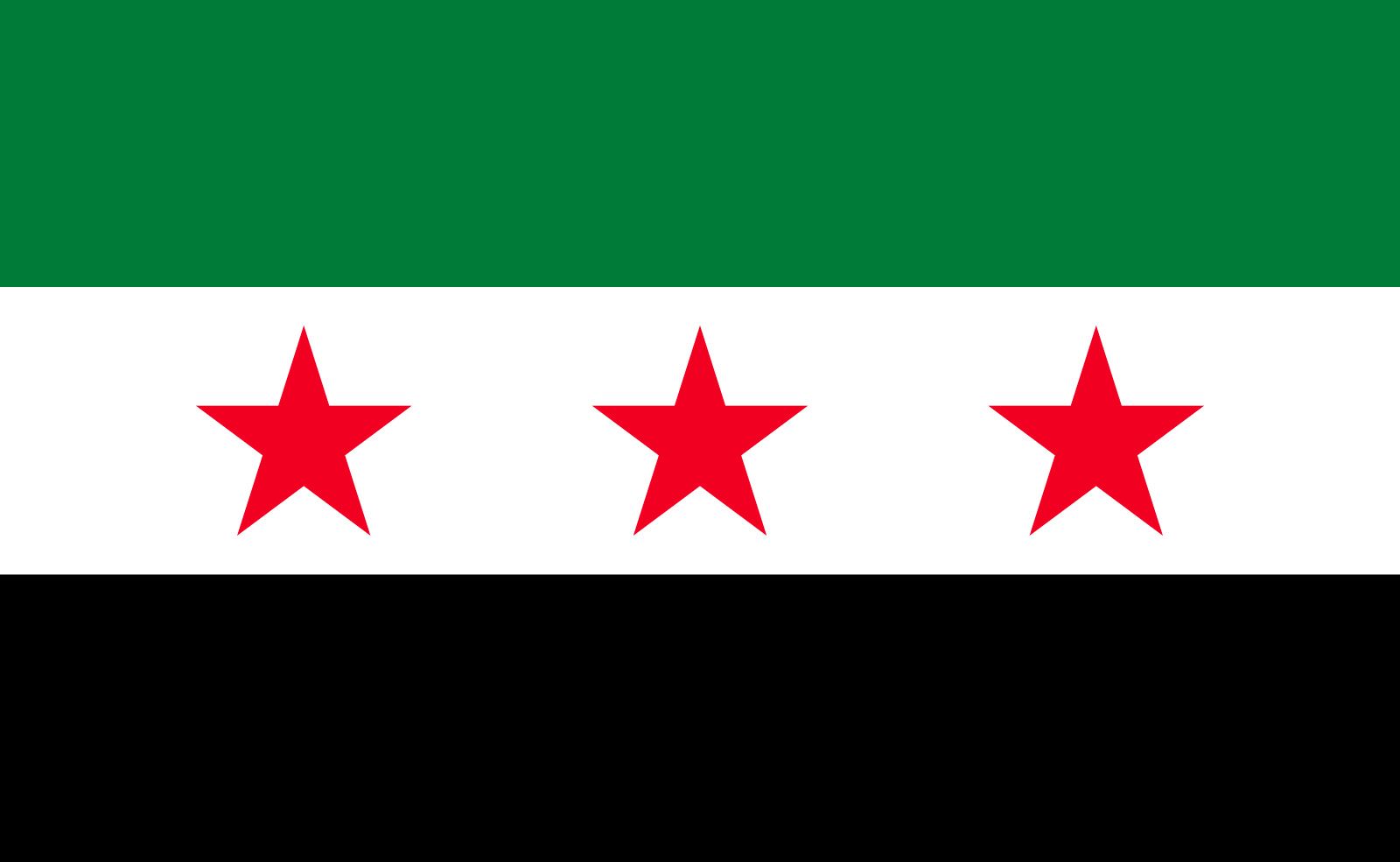Raqqa
The Euphrates City, A Historical Crossroads
Raqqa, located in northern Syria along the banks of the mighty Euphrates River, has long stood as a crossroads of history and culture. Founded in the Hellenistic period as Nikephorion and later renamed Callinicum, Raqqa flourished during the Abbasid era when it became one of the caliphate’s capitals. Its mosques, palaces, and markets reflected its central role in the Islamic Golden Age and its strategic importance along regional trade routes.
Historical and Cultural Background
In the 8th century, Caliph Harun al-Rashid chose Raqqa as a base of operations, building magnificent palaces and administrative centers. Over the centuries, the city bore witness to waves of invasions and rebuilding, its people preserving a distinct cultural identity tied to the river and the fertile plains surrounding it. Traditional crafts, vibrant markets, and seasonal festivals once gave Raqqa a reputation as a bustling and proud community.
The War and Its Aftermath
In the early 21st century, Raqqa tragically became synonymous with violence when it was seized by ISIS in 2014 and declared the capital of their so-called caliphate. The city endured years of terror, brutal repression, and ultimately a devastating military campaign to liberate it. By the time ISIS was defeated in late 2017, much of Raqqa lay in ruins — entire neighborhoods flattened, infrastructure destroyed, and tens of thousands displaced.
Current Situation (July 2025)
By July 2025, Raqqa is slowly rising from the ashes. Reconstruction projects are underway, supported by international aid agencies, Syrian authorities, and grassroots initiatives. Debris has been cleared from main thoroughfares, water and electricity are partially restored, and schools have reopened in several districts. Health services, though still limited, are gradually expanding, thanks to the work of NGOs and local medical teams.
Despite the ongoing challenges — housing shortages, unemployment, and the psychological scars of war — the people of Raqqa exhibit remarkable resilience. Families are rebuilding homes brick by brick, markets are reopening with merchants selling produce and textiles, and children once again play in the streets. Community centers and youth groups have emerged to foster healing, education, and social cohesion.
Economy and Society
Raqqa’s economy, once centered on agriculture, trade, and light industry, is slowly recovering. The surrounding countryside, irrigated by the Euphrates, is regaining productivity with crops such as wheat, barley, and cotton. Small-scale workshops and shops have resumed operation in the city, and new employment opportunities are being created through reconstruction efforts. Civil society organizations play an increasingly vital role in supporting vulnerable populations, offering vocational training, and promoting women’s participation in rebuilding the community.
Key Landmarks and Attractions
- Al-Mansur Mosque: Although damaged, this historic mosque remains a symbol of Raqqa’s Islamic heritage.
- Baghdad Gate: One of the city’s most iconic surviving monuments, a relic of its Abbasid-era glory.
- Euphrates River: The lifeline of the region, offering stunning vistas and sustaining agriculture and life along its banks.
- Old City Markets: Slowly reviving, the souks are coming back to life with vendors selling everything from spices to textiles.
Raqqa today is a city in transition — scarred but unbroken, burdened by the weight of its recent history yet determined to reclaim its place as a vibrant center of culture and commerce on the Euphrates. Its story is one of profound loss but also of extraordinary courage and hope for a brighter future.
 Syria
Syria